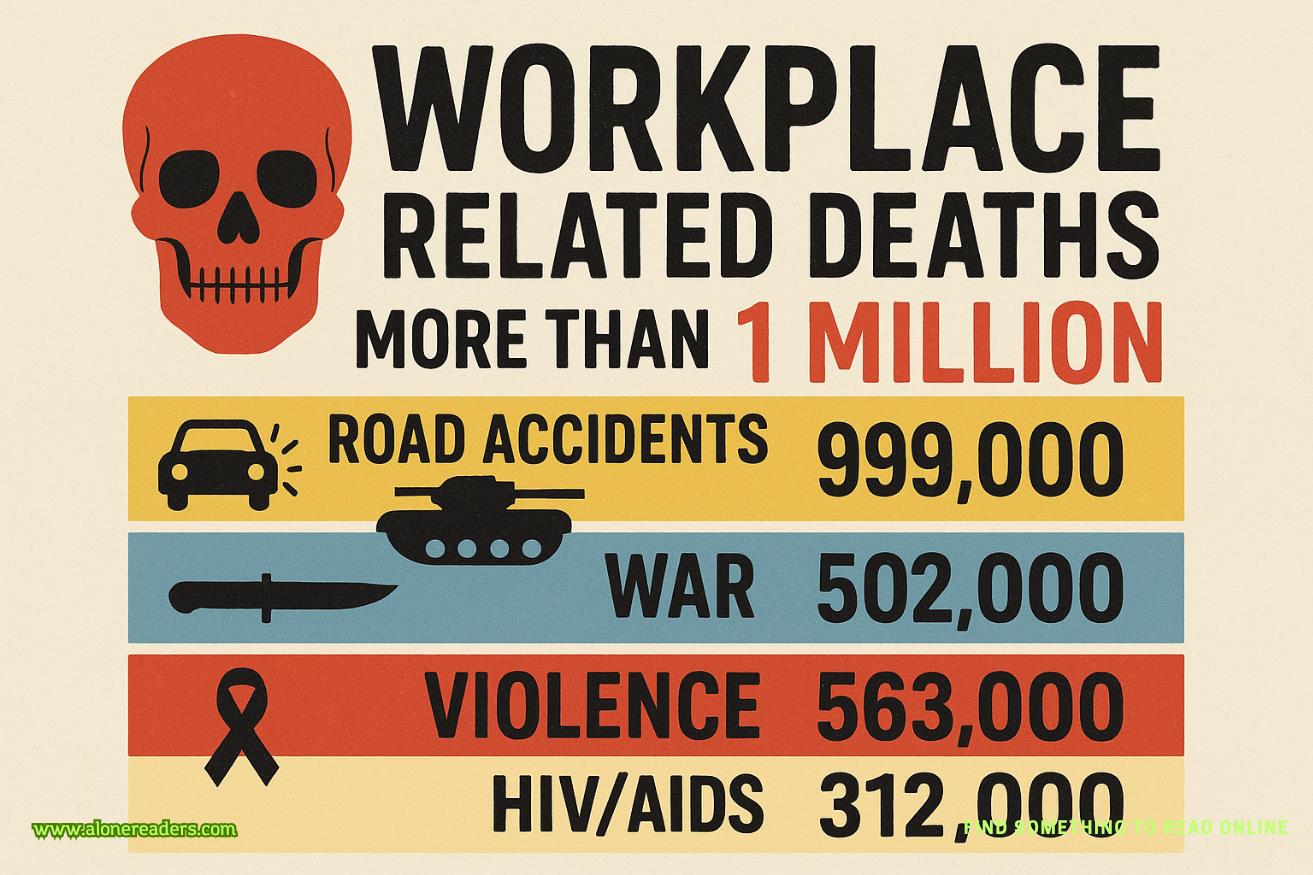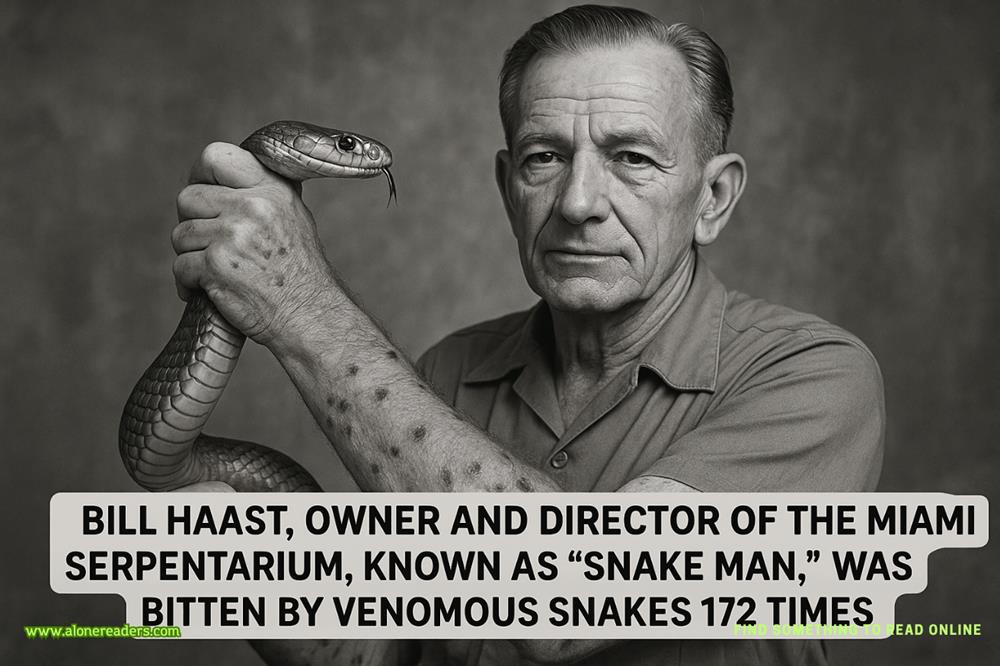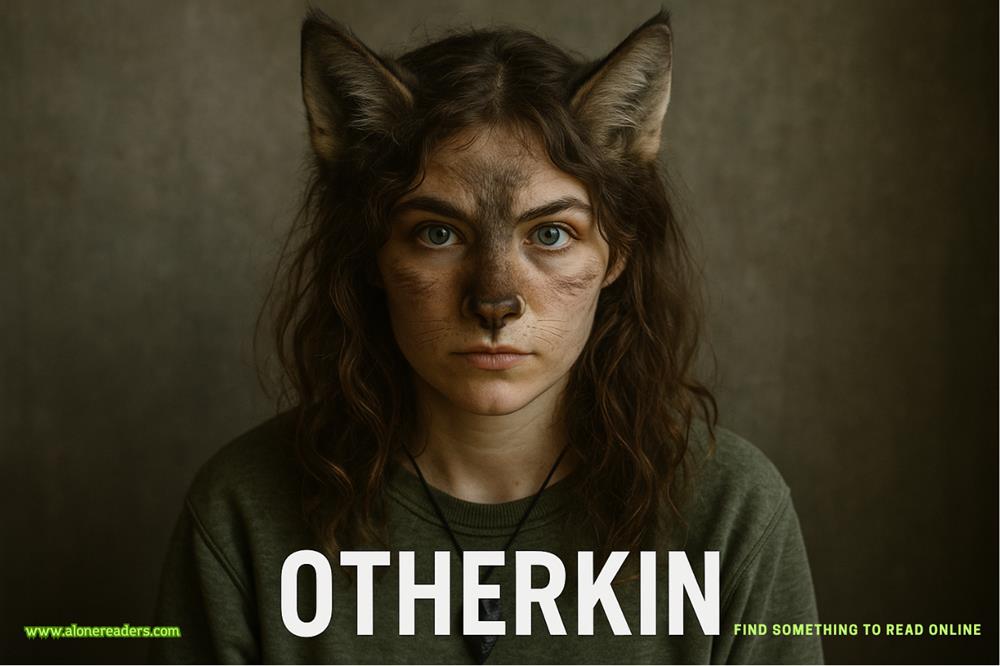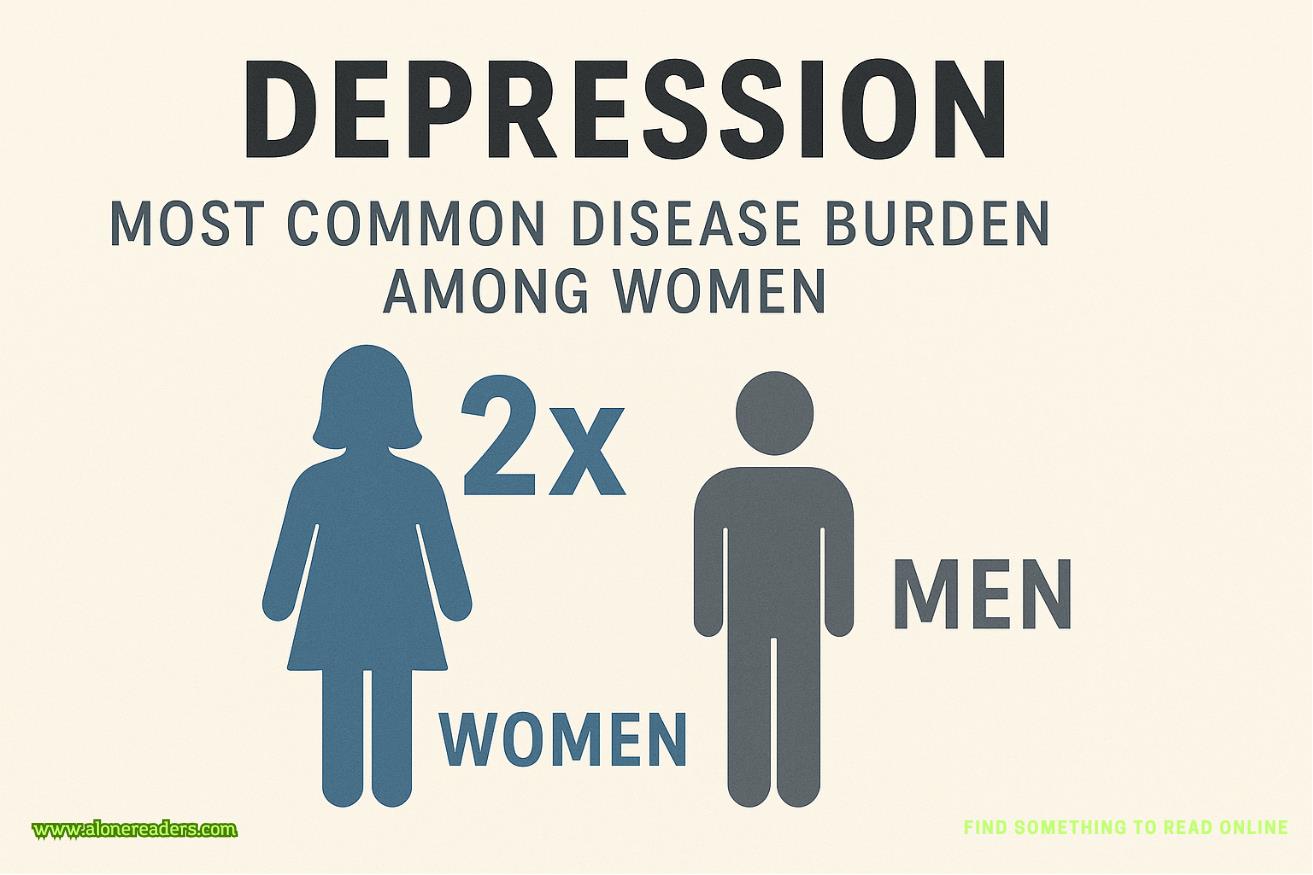Page 52 of Fighting Fate
I know, sweetie, but you never go this long without seeing Dr. Reynolds. I just wanted to make sure you didn't forget.
Forget? I'm not sure that's possible; it's always on my mind. Just because I've beaten cancer in the past doesn't mean those memories, appointments, and everything else aren't etched into my brain. Honestly, if it weren't for my own mother's constant texts, I might not be here just because it adds to those so-called memories.
Miles
Yeah, I understand, Mom, and I appreciate your concern. I've just been pushing myself really hard with studies and football, leaving little time for proper rest and hydration, so it's been on the back burner.
But hey, I'm here now. So, all good.
Mother Dear
Okay, baby, just keep me posted, please. Dad's also eager to know. So, don't wait too long to update us about any news.
Miles
Always do, Mom.
I reassure her with a quick text, punctuating our conversation with a digital goodbye. I pocket my phone; a knot of apprehension tightens in my chest as I think about Dad. His priorities are skewed, obsessing over my ability to stay in the game rather than my well-being. It's always, "Can he play? Panthers' Day is a big deal this year. Everything for him hinges on this season." His focus isn't on my health; it's on whether I can keep throwing passes, keep scoring touchdowns, as if my career is the only thing that defines me.
Placing my phone on my lap, I glance at the nurse in front of me, sporting her stethoscope. She's checking the vitals of the patient seated next to me. It's a new week, Wednesday to be exact, and there's quite a crowd of patients. Busy day, if you ask me, but then again, dealing with cancer, it's not uncommon to see this many patients.
I'm not exactly a patient, but sitting here among these cancer patients feels quite similar. The routine is all too familiar. The reminder calls from the doctors every year at the same time. Then various tests on different days. A physical examination, vitals, blood tests, imaging studies, and sometimes an endoscopy, but not this year.
I glance over my shoulder and spot a little girl, about six or seven years old, smiling up at me. Her smile doesn't quite match her eyes, a mixture of happiness and sadness. She's clearly putting on a brave face, given what she's going through. She has a head wrap and wears a child-sized hospital gown.
"What are you reading over there?" I ask, nodding toward the book in her hand.
Her smile transforms into a genuine one, perhaps excited to have someone to talk to. I understand that feeling; I've been there. I was always desperate for a conversation with someone other than my nurses or doctors. My parents were constantly in and out of my room. I remember countless times sitting in this very chair, hoping to meet someone around my age who I could just hang out with. I longed to feel normal, if only for a day. So, I can imagine that this little girl is in a very similar situation.
She hands me her book, and I look down to see it's The Giving Tree by Shel Silverstein. I smile at her and ask, "One of my favorites. What's your favorite part?"
Looking up at me with big, bright eyes, she says, "When the tree gives the boy her trunk to make a boat. It's so kind and selfless."
I offer a soft smile and hand the book back to her. "You're absolutely right. That is a great part. You know, when I was in the hospital, my favorite book was Matilda by Roald Dahl. Have you ever read that one?"
Her eyes light up, and she shakes her head excitedly.
"No, but I've heard of it! Will you read it to me?" Her words tumble out in a rush of excitement, and before I can even nod, she's off like a shot toward the front desk, her voice trailing behind her as she requests the book. A chuckle escapes me, watching her energy infuse the room with life. I scoot my chair closer to hers, ready for our impromptu reading session.
There's a gentle hum in the air, the kind that comes from the quiet bustle of a hospital. As I settle in, I notice the nurse, a regular fixture in this world of white walls and beeping machines, approaching. She's here to assist the little girl, her movements practiced and gentle as she connects the IVs to her tiny arm. Our eyes meet for a moment, and her smile, warm and appreciative, speaks volumes. It's a silent exchange, a thank you for a moment of normalcy in a place often devoid of it.
Opening the book, I begin to read, my voice a steady rhythm in the hushed room. There's a strange comfort in the act, a soothing balm not just for her, but for me too. Hospitals have always been a source of anxiety for me, a fact I don't often admit. But here, in this small bubble of a world, with a story unfolding between us, that anxiety begins to ebb away.
Her reaction is immediate and heartwarming. As her smile grows and her eyes sparkle with the magic of the tale, it's like watching the sun break through clouds. It's a simple, fleeting moment, but it's enough. Enough to make my own troubles, my own fears, seem distant and less daunting.
As the final words of the story hang in the air, my regular nurse, Kins, appears. "Miles, you're up," she calls, her voice a familiar anchor in this sea of uncertainty. Standing, I turn to the little girl. "I'm Miles, by the way."
Her response is a hug, a small, warm presence against my leg. "I'm Harper," she says, her voice a soft melody of newfound friendship.
I respond with a playful nose boop, her laughter a bright note in the sterile environment. "Maybe we can read together again?" I suggest. Her tight hug is an enthusiastic yes.
As I follow Kins out, the memory of Harper's smile lingers, a reminder of the small joys that can be found even here. The hospital, with its endless corridors and pervasive scent of antiseptics, has been a backdrop to much of my life. It's a place of memories, some sharp with pain, others soft with moments like today.
Walking to my appointment, I remind myself, Just a routine check-up, Miles. It's a mantra, a way to push back against the tide of what ifs that always seem to accompany these visits. The hospital never changes, the same rooms, the same machines, each visit a mix of the familiar and the unnerving.
Dr. Reynolds, my doctor, and in many ways, my inspiration for pursuing medicine, greets me with a kind smile. He notes my missed appointment, but I brush it off. Football practice, a constant in my life, sometimes clashes with these necessary check-ins. Kins, always observant, gives me a look, but it's the truth. Football might not be my forever, but it's a part of me, a bridge between the past and my future in medicine.
As Kins takes my vitals, the brief sting of the needle is a sharp reminder of past struggles, of treatments, and fears.















